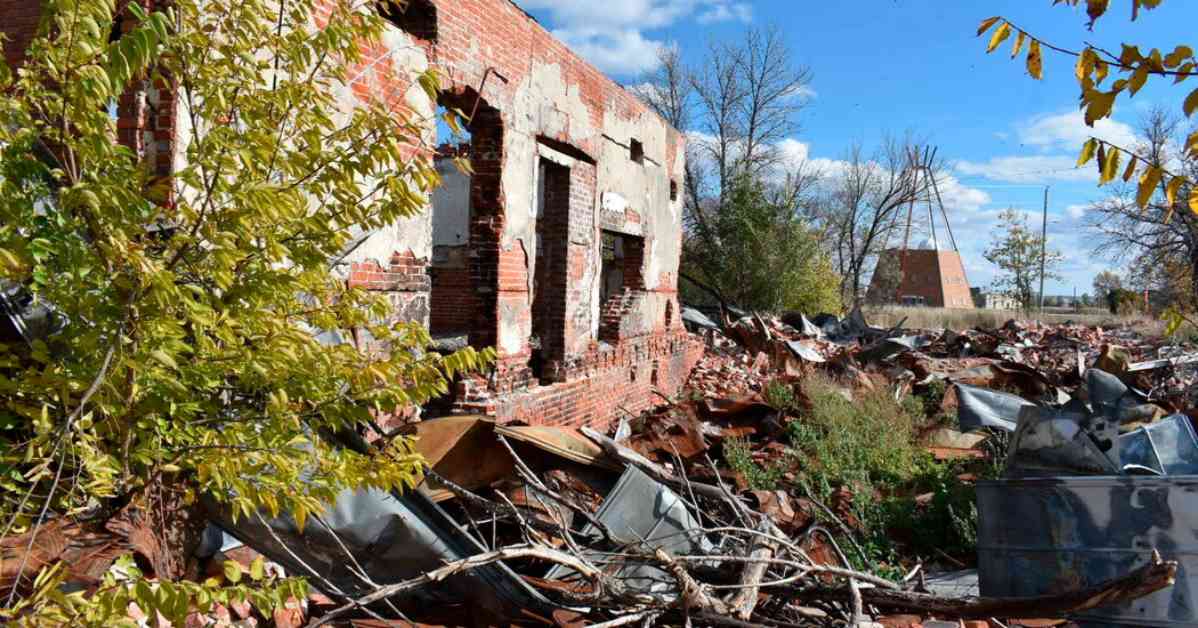The U.S. Conference of Catholic Bishops issued a formal apology for the mistreatment and trauma experienced by Native Americans in the United States. The bishops acknowledged the church’s role in operating schools where Native American children faced abuses and forced assimilation. These boarding schools sought to assimilate Native children into American culture, leading to broken families and long-lasting trauma for Indigenous communities.
The bishops’ apology comes after years of advocacy and calls for recognition of the atrocities committed in these boarding schools. Hundreds of thousands of Native children were removed from their families and sent to these institutions, where they endured abuse, neglect, and harsh labor. The bishops recognized the church’s part in these traumas and expressed regret for failing to nurture, honor, and appreciate those under their care.
While some Indigenous advocates see the apology as a positive first step, others feel that it falls short of addressing the full extent of the harm caused. Ruth Buffalo, president of the National Native Boarding School Healing Coalition, attended a Catholic boarding school in North Dakota and highlighted the absence of mentions of sexual abuse and the fate of children who never returned home. Nick Tilsen, CEO of NDN Collective, an Indigenous rights advocacy group, and a member of the Oglala Lakota tribe, described the bishops’ apology as lacking sincerity.
The bishops’ acknowledgment of the church’s role in perpetuating trauma against Native Americans is a significant step towards reconciliation and healing. However, it is essential for the church to take concrete actions to address the ongoing impacts of these injustices and support Indigenous communities in their healing journey. By recognizing past wrongs and committing to meaningful change, the church can begin to repair the trust that has been broken with Indigenous Peoples over generations.


















